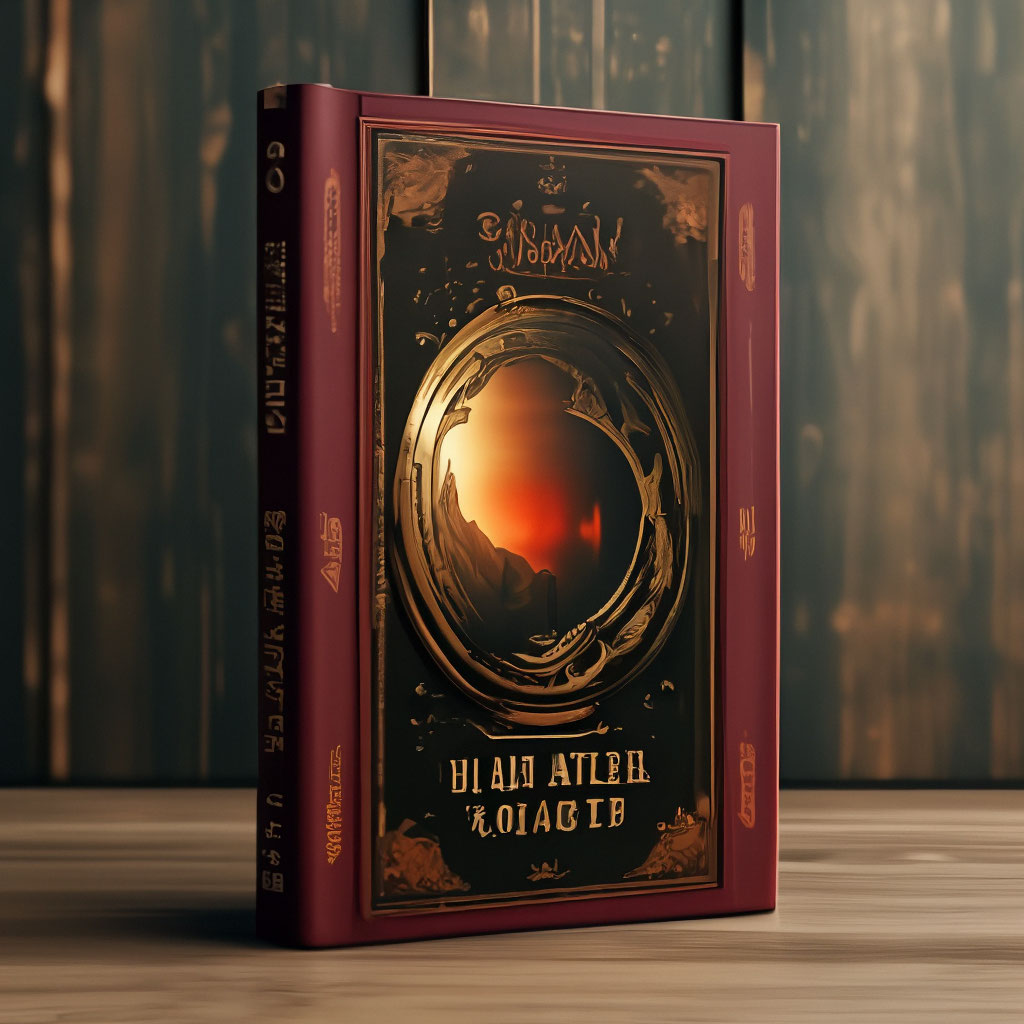About This BookGet started with the Vulkan API and its programming techniques using the easy-to-follow examples to create stunning 3D graphicsUnderstand memory management in Vulkan and implement image and buffer resourcesGet hands-on with the drawing process and synchronization, and render a 3D graphics scene with the Vulkan graphics pipelineWho This Book Is ForThis book is ideal for graphic programmers who want to get up and running with Vulkan. It's also great for programmers who have experience with OpenGL and other graphic APIs who want to take advantage of next generation APIs. A good knowledge of C/C++ is expected.What You Will LearnLearn the fundamentals of the Vulkan programing model to harness the power of modern GPU devicesImplement devices, command buffers, and queues in order to get connected with the physical hardwareExplore validation layers and learn about debugging in VulkanGet a grip on memory management in order to control host and device memory operationsUnderstand and implement buffer and image resource types. Apply linear and optimal texturesDefine drawing operations in the render pass and implement a graphics pipelineManage GLSL shaders using SPIR-V and update the shader resources with descriptor sets and push constantsLearn the drawing process, synchronize resources, and render 3D scene output on screen with SwapchainIn DetailVulkan, the next-generation graphics and compute API, is the latest offering by Khronos. This API is the successor of OpenGL and offers great flexibility and high performance capabilities.You begin with the fundamentals of Vulkan system and establish a connection with hardware devices to query the available queues, memory types, and offered capabilities. Vulkan is verbose, so before diving deep into programming, you'll get to grips with debugging techniques so even first-timers can overcome error traps using Vulkan's layer and extension features.You'll get a grip on command buffers and acquire the knowledge to record various commands and submit it to a queue for processing. You'll take a detailed look at memory management and learn how to use buffer and image resources. You'll get a brief overview of SPIR-V and define the drawing operations as a single unit of work in the render pass with the help of attachments and subpasses. You'll also create frame buffers and build a solid graphics pipeline, as well as making use of the synchronizing mechanism to manage GPU and CPU hand-shaking. By the end, you'll know everything you need to know to get your hands dirty with the coolest graphics API on the block. Это и многое другое вы найдете в книге Learning Vulkan. Get introduced to the next generation graphics API-Vulkan (Parminder Singh)
Learning Vulkan. Get introduced to the next generation graphics API-Vulkan Parminder Singh
Подробная информация о книге «Learning Vulkan. Get introduced to the next generation graphics API-Vulkan Parminder Singh». Сайт не предоставляет возможности читать онлайн или скачать бесплатно книгу «Learning Vulkan. Get introduced to the next generation graphics API-Vulkan Parminder Singh»
